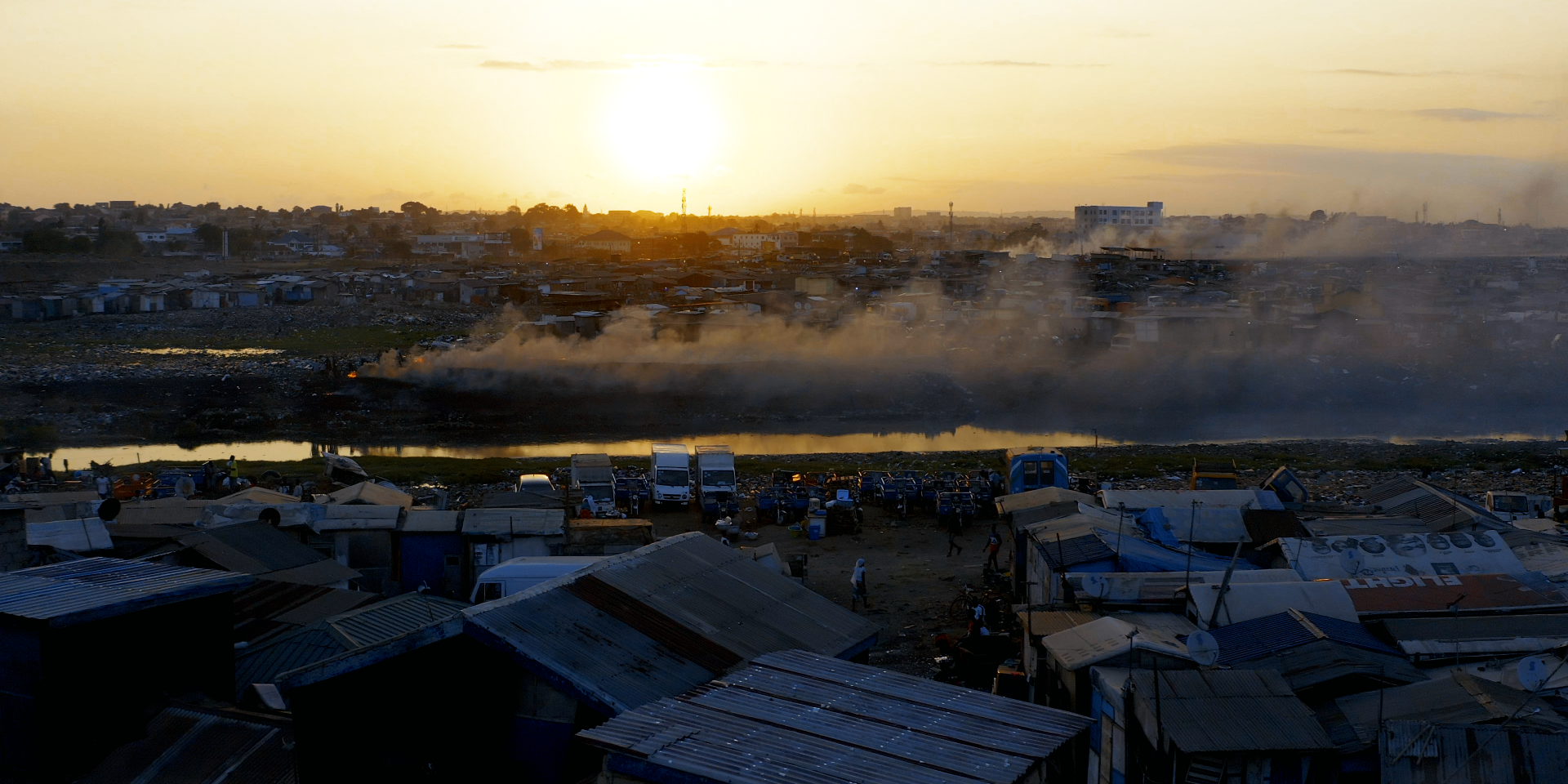“A shift to a greener economy could create 24 million new jobs globally by 2030 if the right policies are put in place.” -International Labour Organization
Careers
As climate change reshapes industries and public health priorities, opportunities for professionals trained at the intersection of environment and health are expanding rapidly. From process design methods to analytical and practical tools, the interdisciplinary MS-CEH curriculum prepares graduates to design comprehensive solutions, tackle systemic gaps, and address enduring and emerging threats at the intersection of climate and health.
Source: “Green job vacancies are on the rise – but workers with green skills are in short supply.” World Economic Forum, 2024
Skills for a changing world
Students graduate from MS-CEH ready to meet workforce demands with expertise in:
Trillions of dollars are being invested every year and will be for the foreseeable future. The efforts around climate are increasing exponentially. With all of that effort comes a lot of hiring.
Allen Blue, Co-founder, LinkedIn
Make an Impact—Wherever you go
Green skills are rapidly expanding beyond traditional sustainability careers. Graduates of the MS-CEH are prepared for careers across multiple sectors:
Civil society and NGOs
Organizations like Save the Children, CARE, The Nature Conservancy, and WWF working on climate advocacy, environmental strategy, disaster mitigation, and health equity, and supporting government-led initiatives.
Private sector
Consulting (Deloitte, McKinsey, John Snow), pharmaceutical companies (Pfizer, Johnson & Johnson), insurance, financial services, and venture capital focused on sustainability and health innovation.
Public sector
Federal, state, and municipal agencies such as the FDA, HHS, State Department, EPA, and city or state offices leading climate and public health initiatives.
Career Support at Georgetown
From day one, you’ll have access to tailored resources to launch or pivot your career:
Professional development
Workshops and tutorials on resume building, networking, interviewing, and negotiation
Networking
Alumni mentoring and access to job fairs and exclusive job postings
Career coaching
4 hours of personalized coaching per student
Portfolio building
Develop case studies, policy briefs, GIS reports, and other deliverables to showcase your expertise
Capstone experience
12 weeks of real-world experience with leading organizations prepares graduates for competitive job markets immediately after completion.


